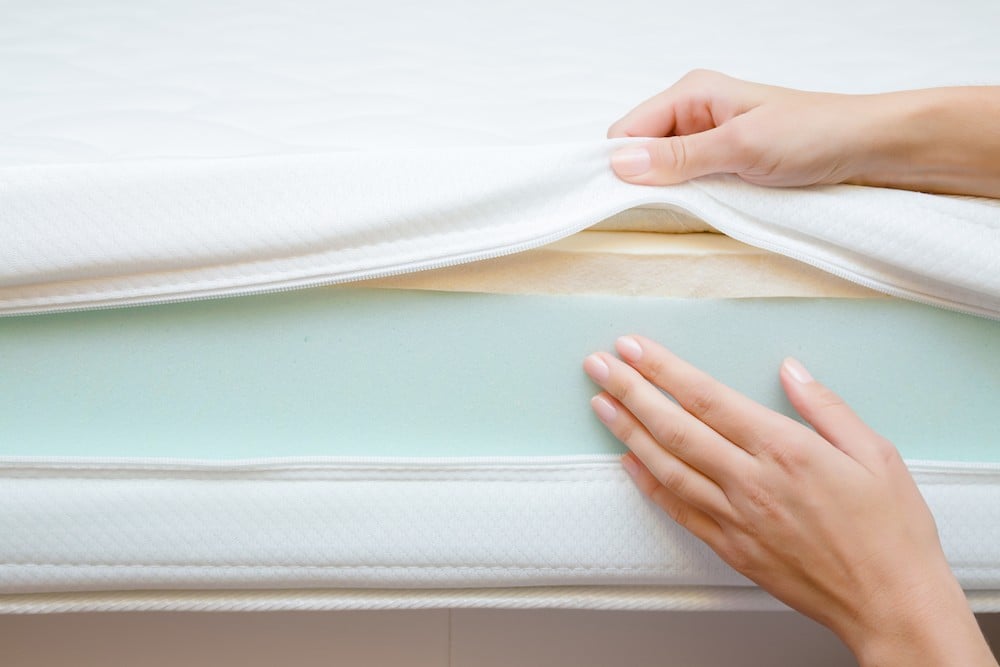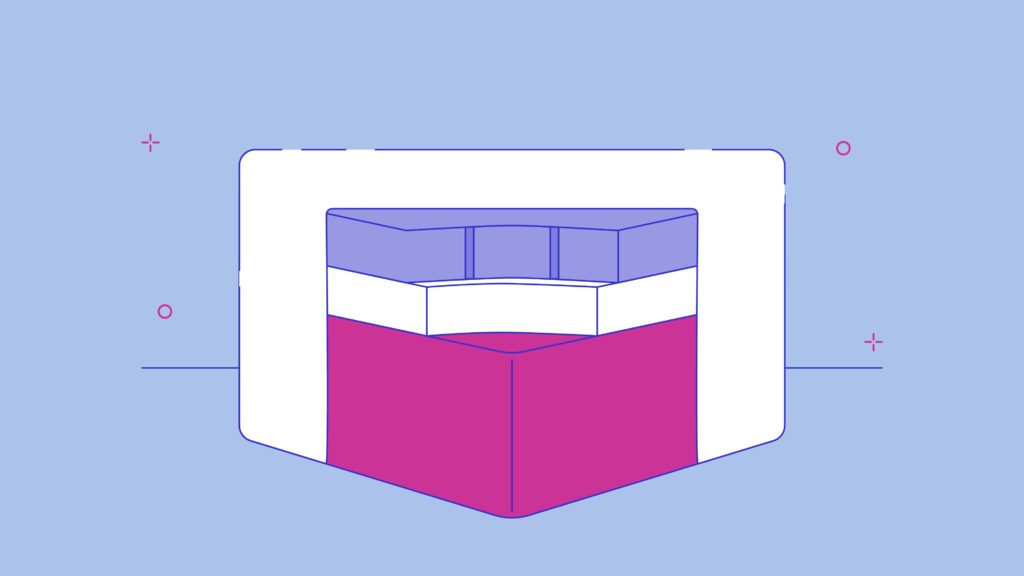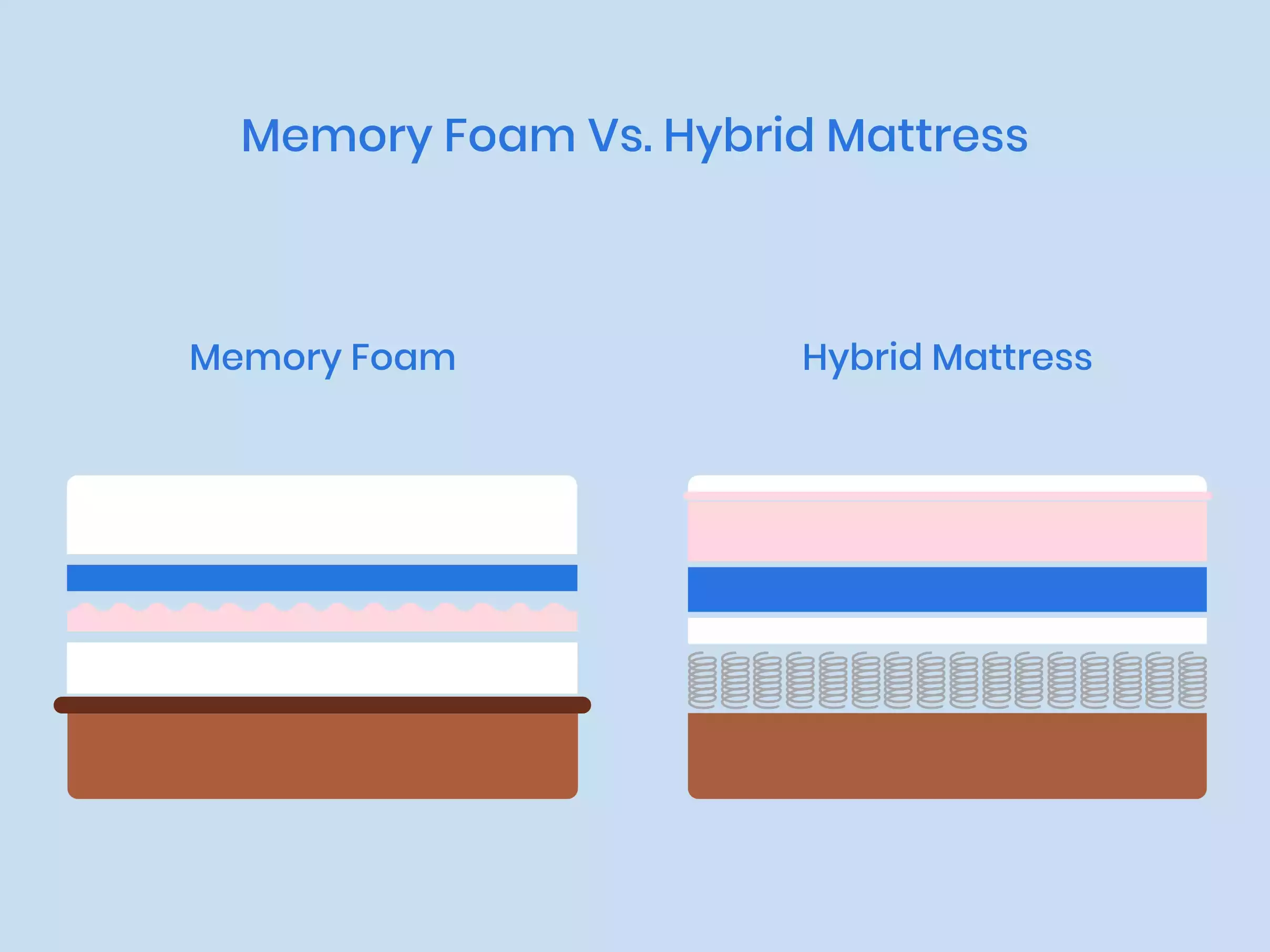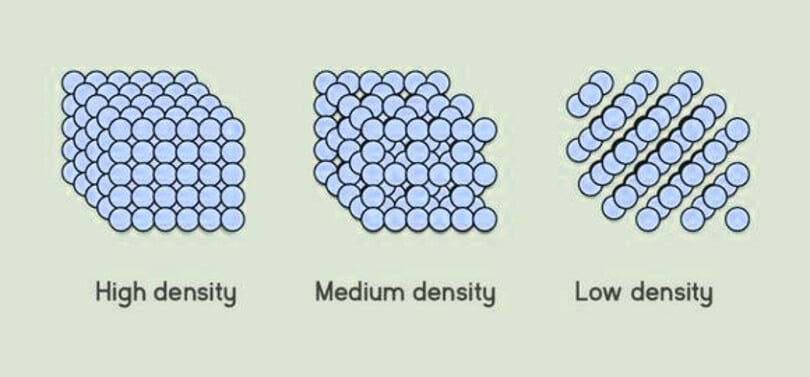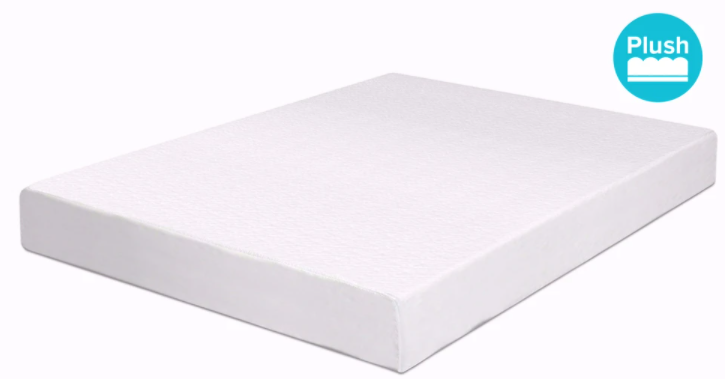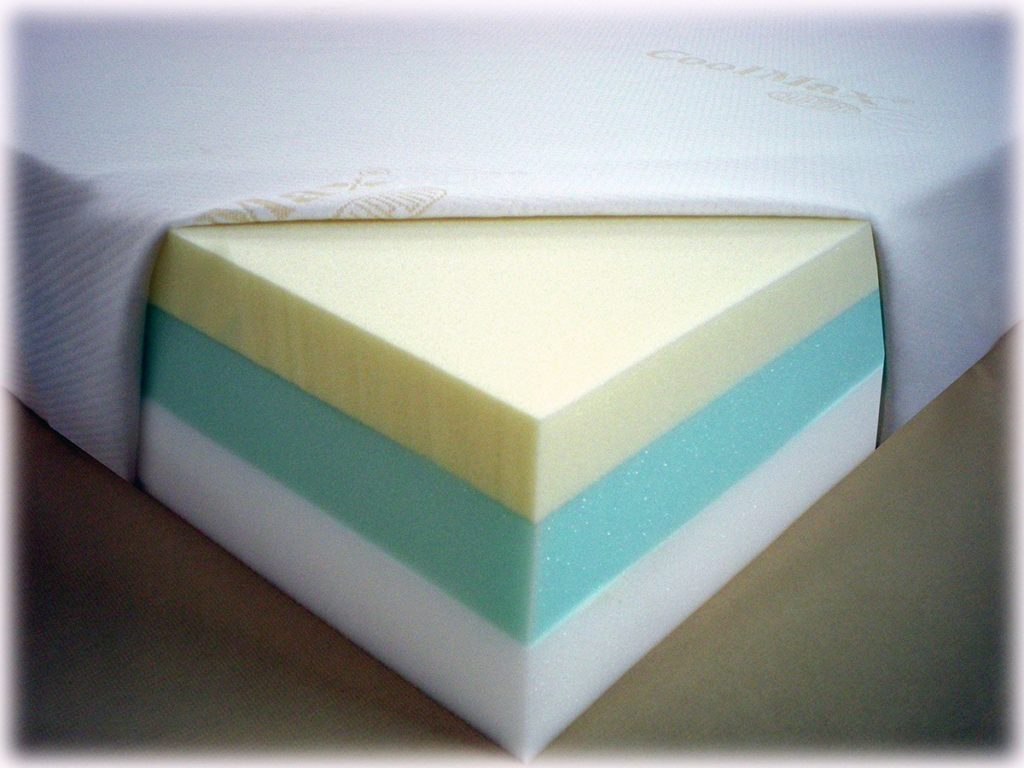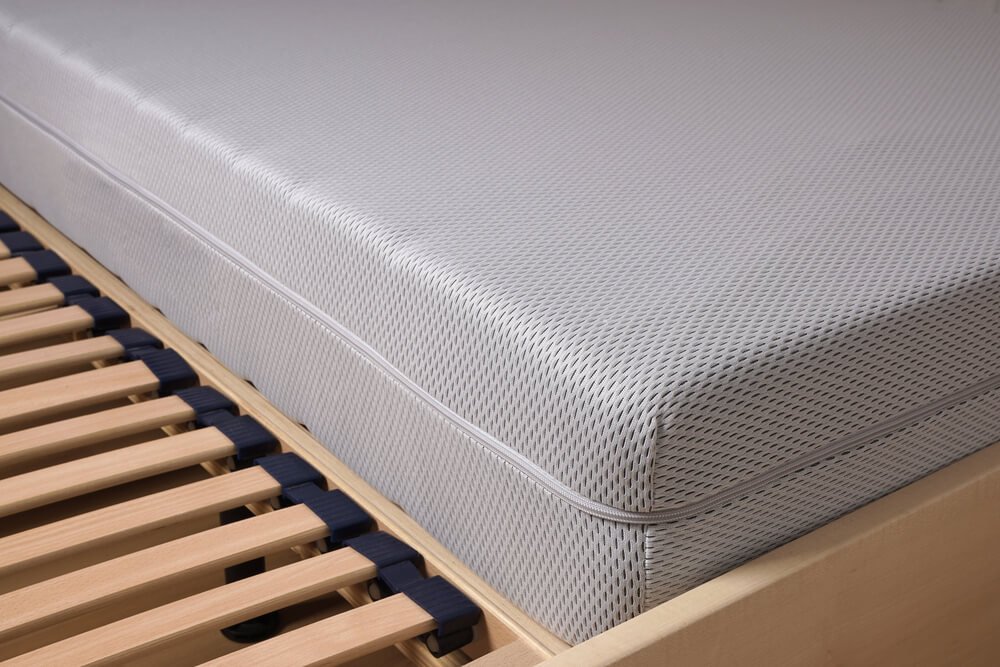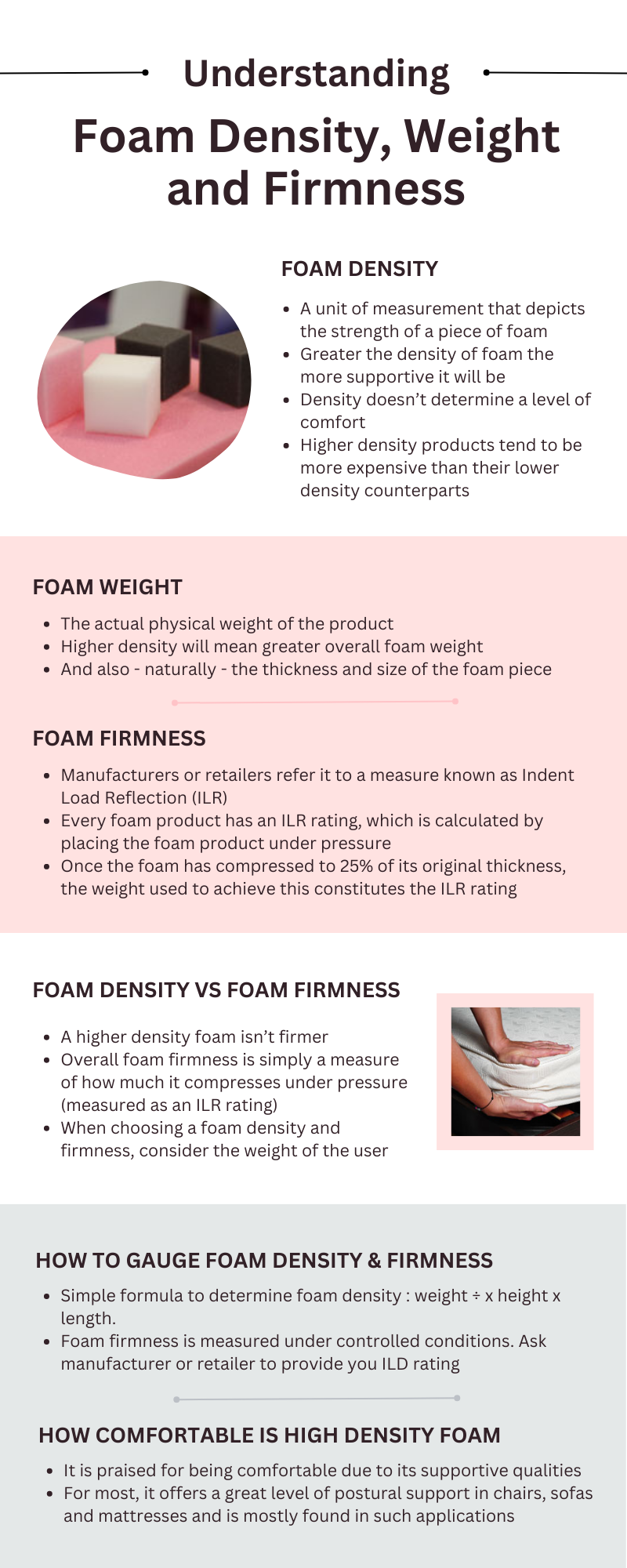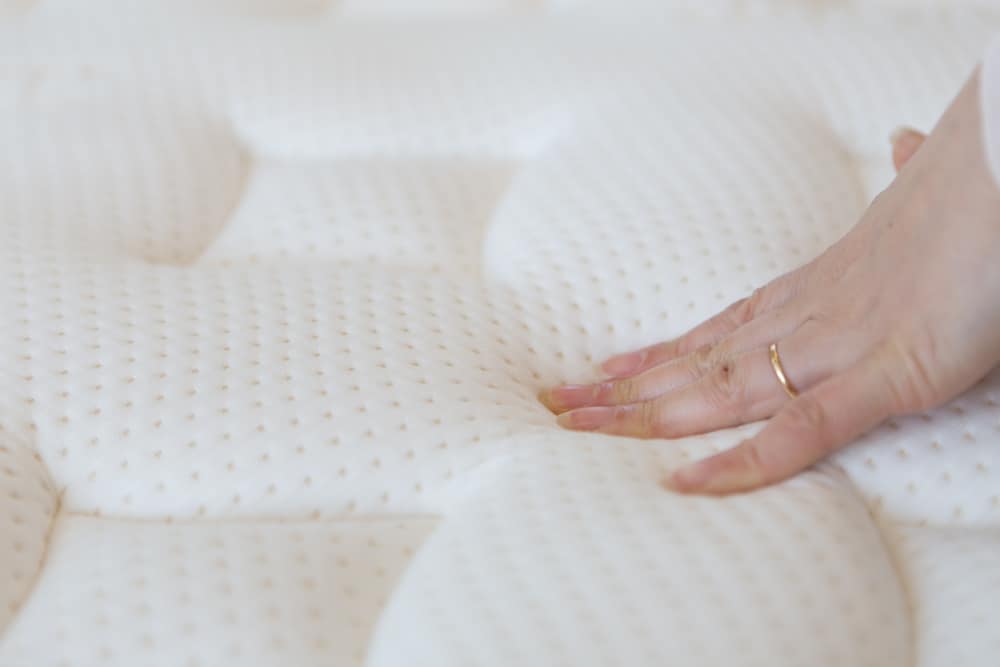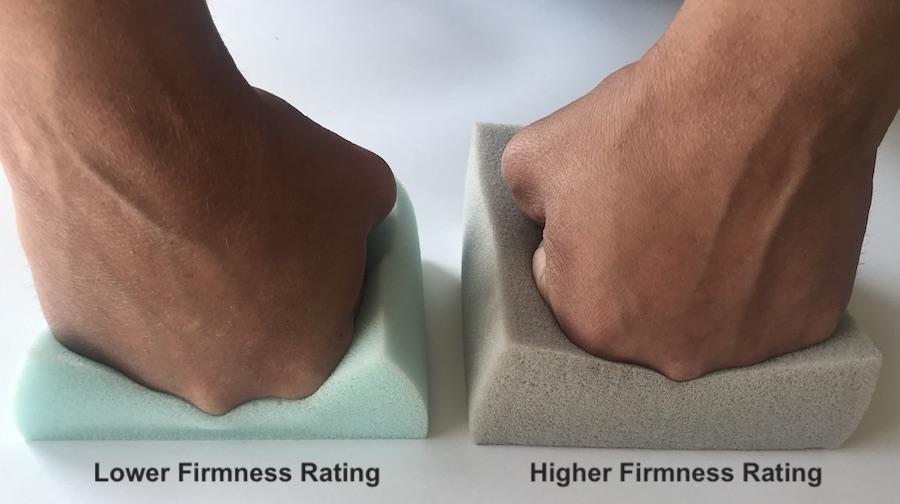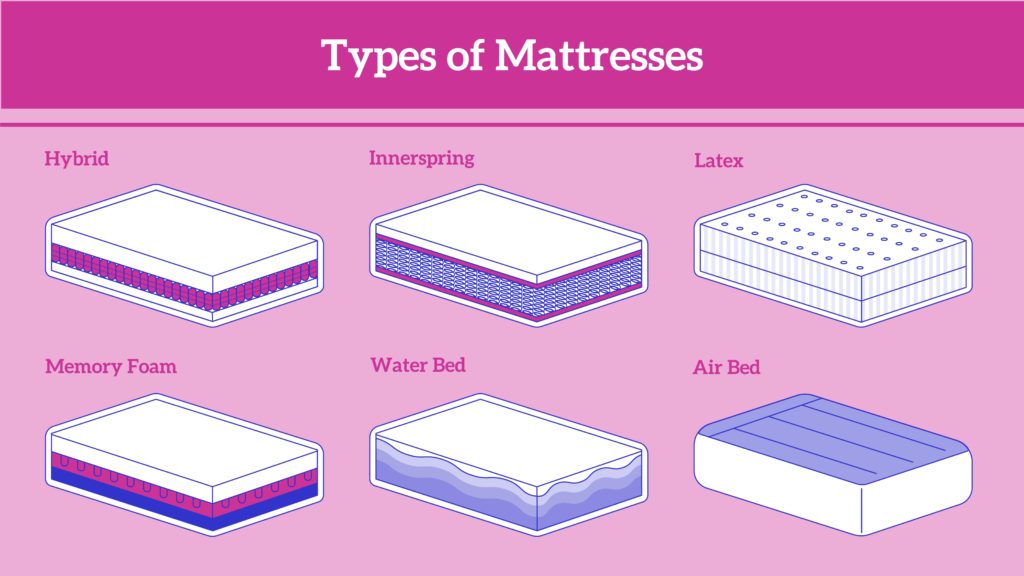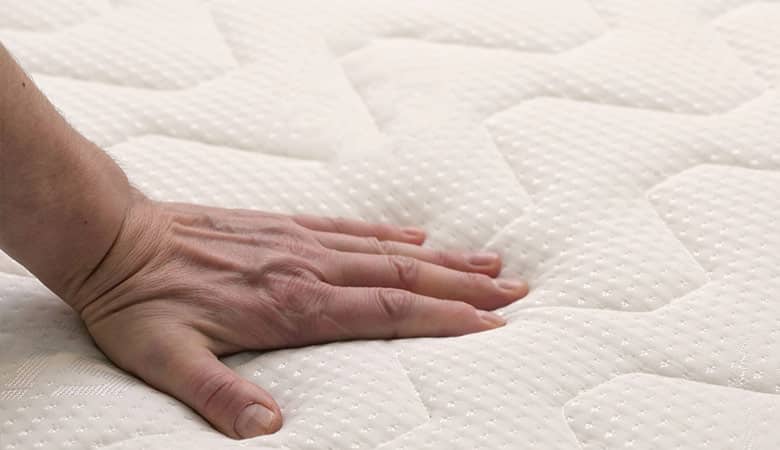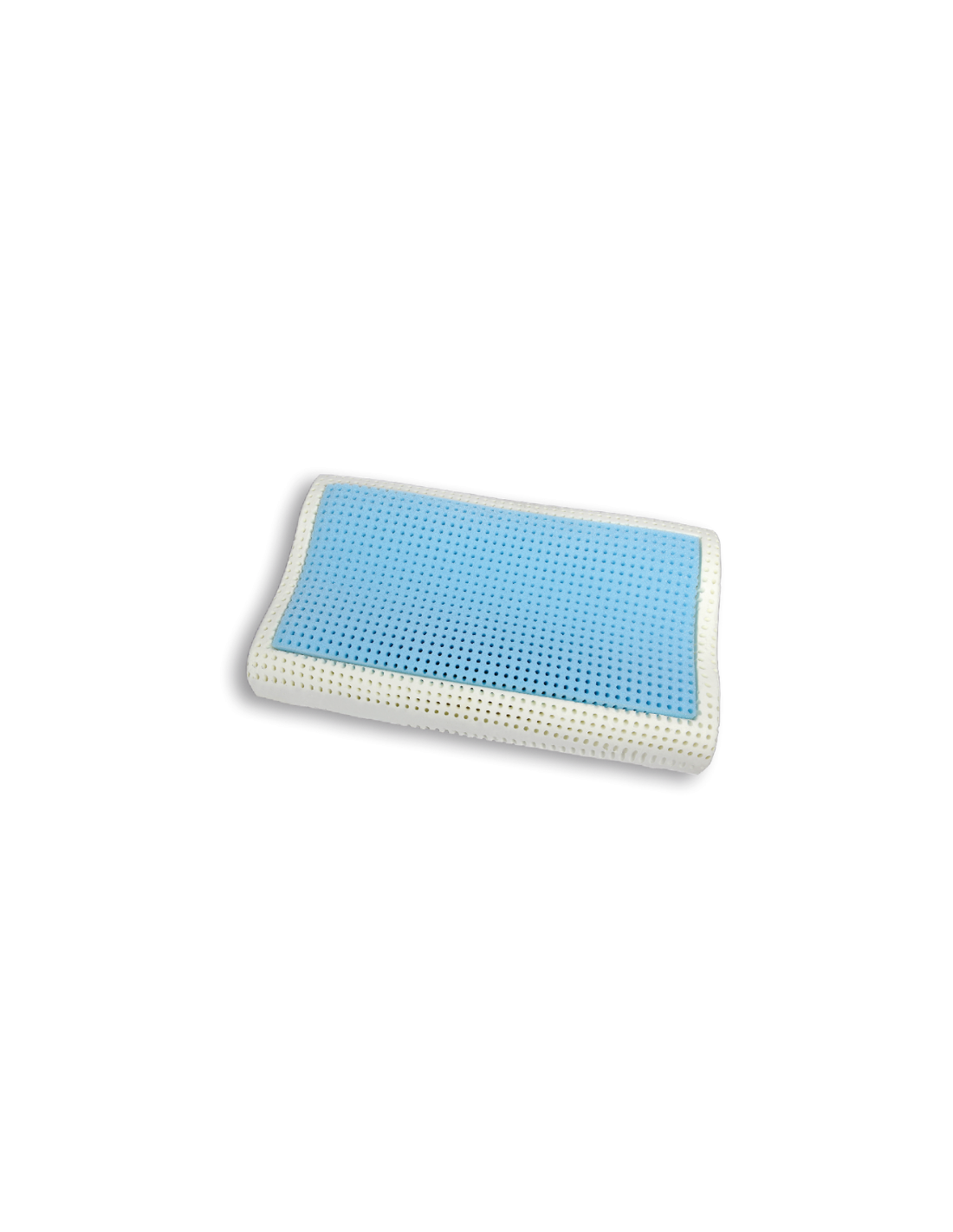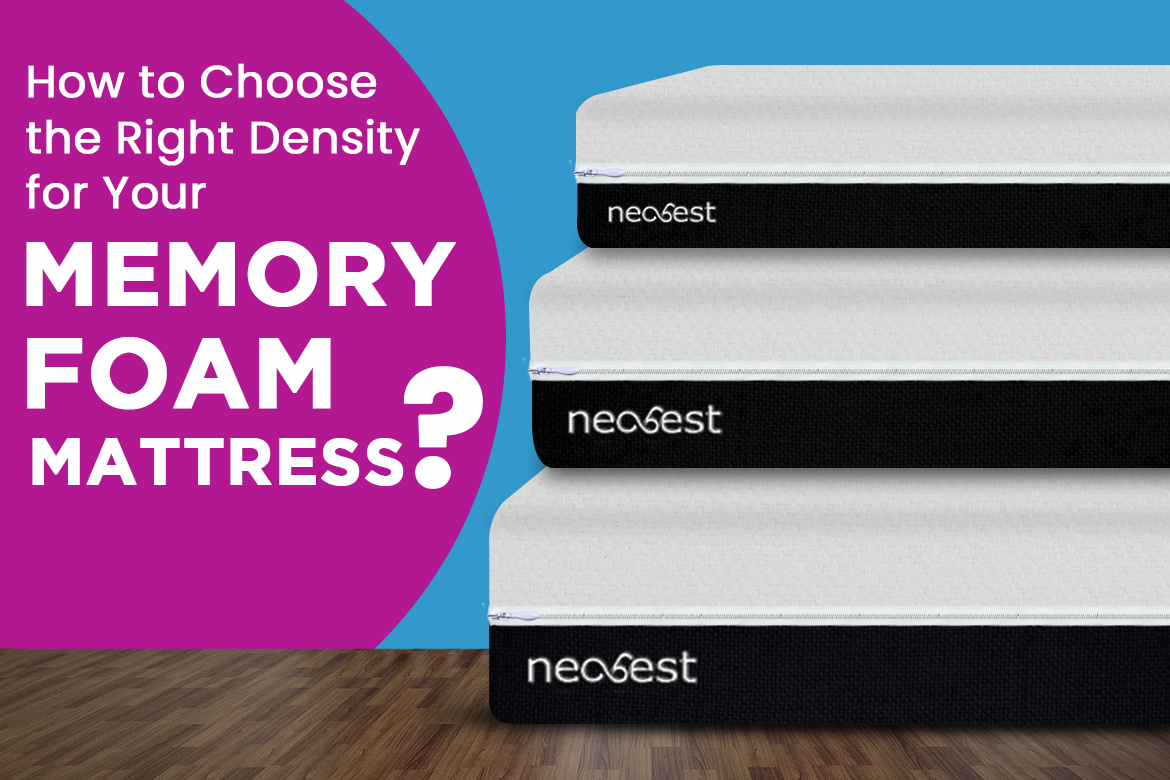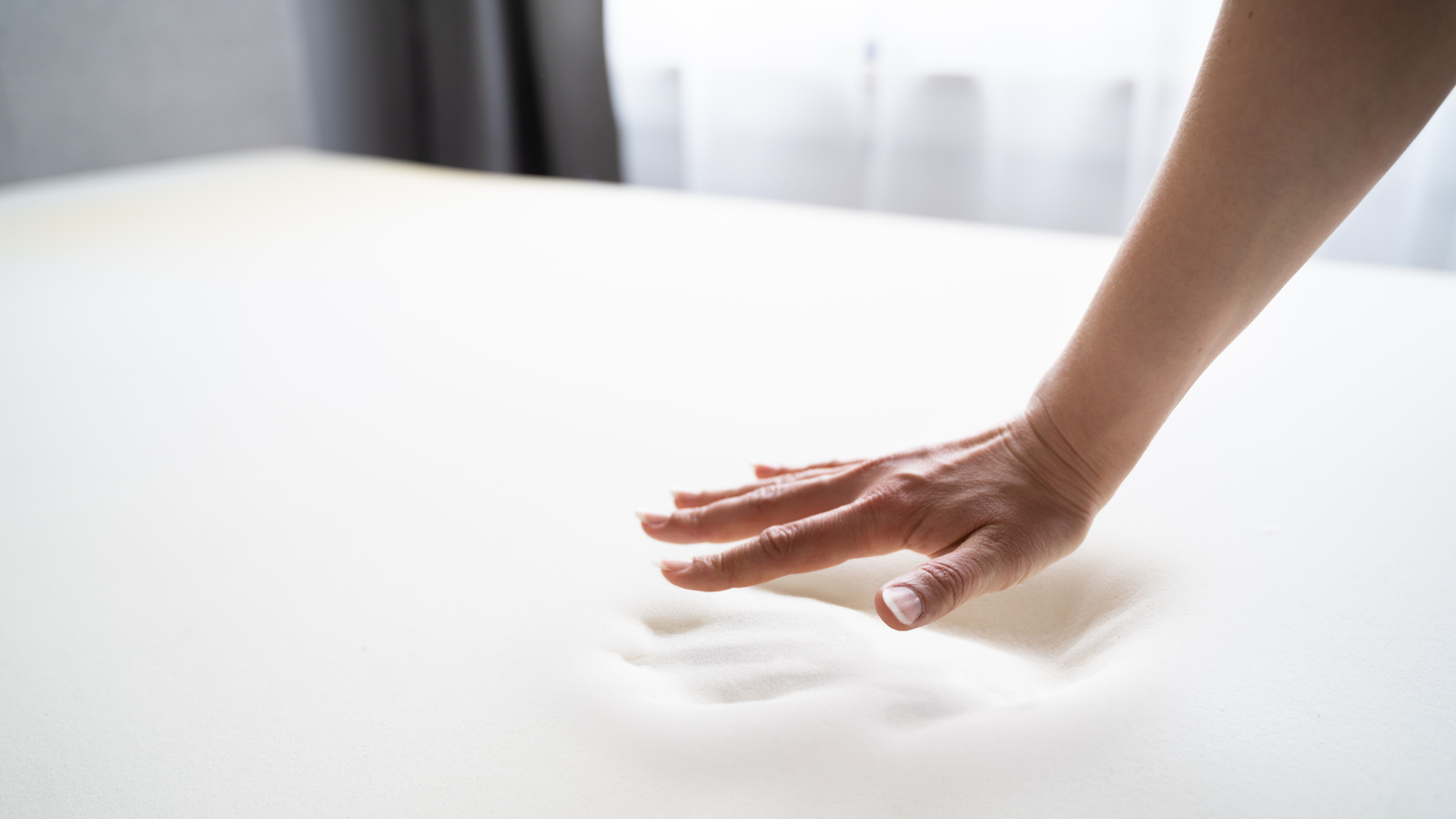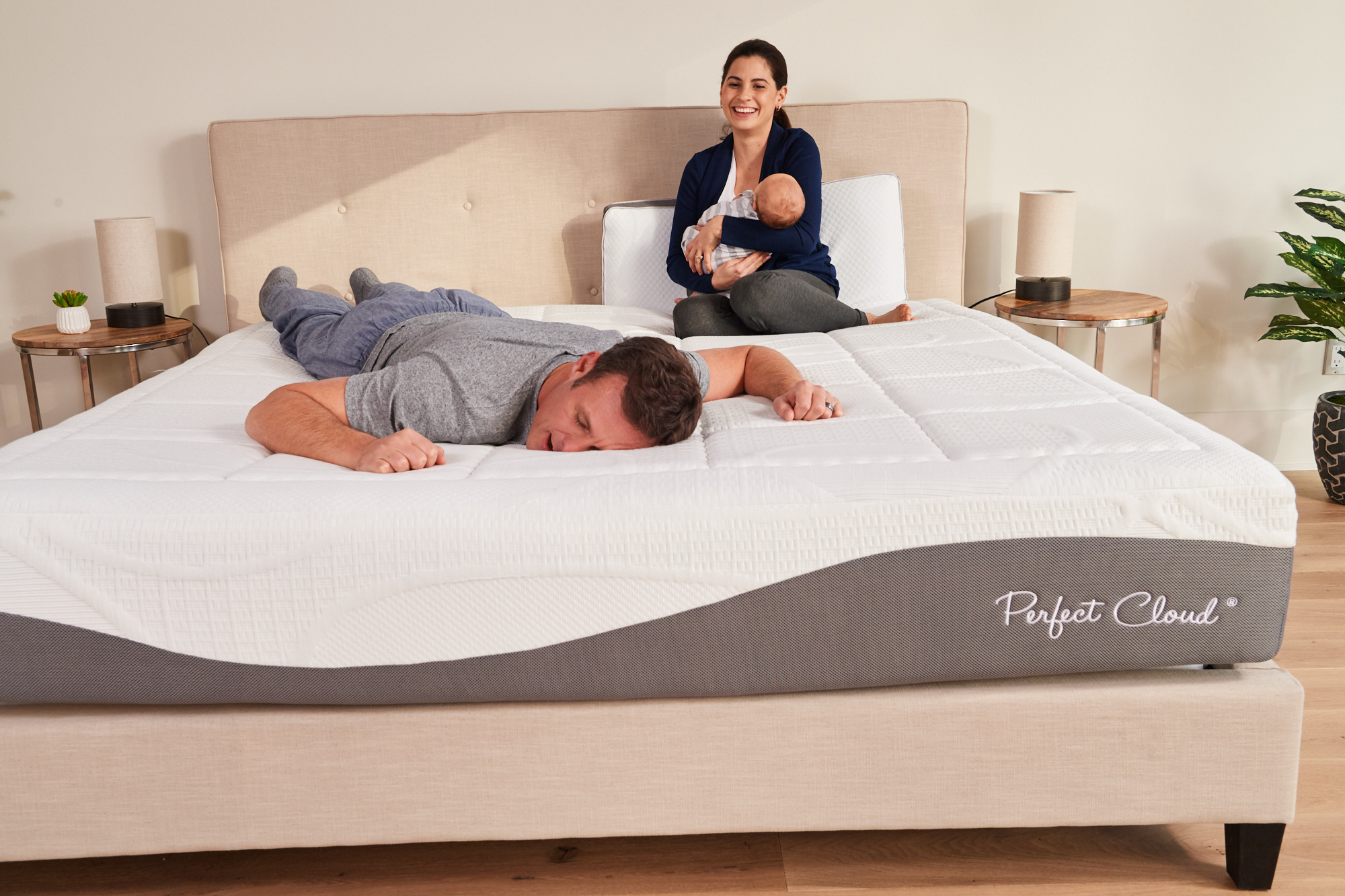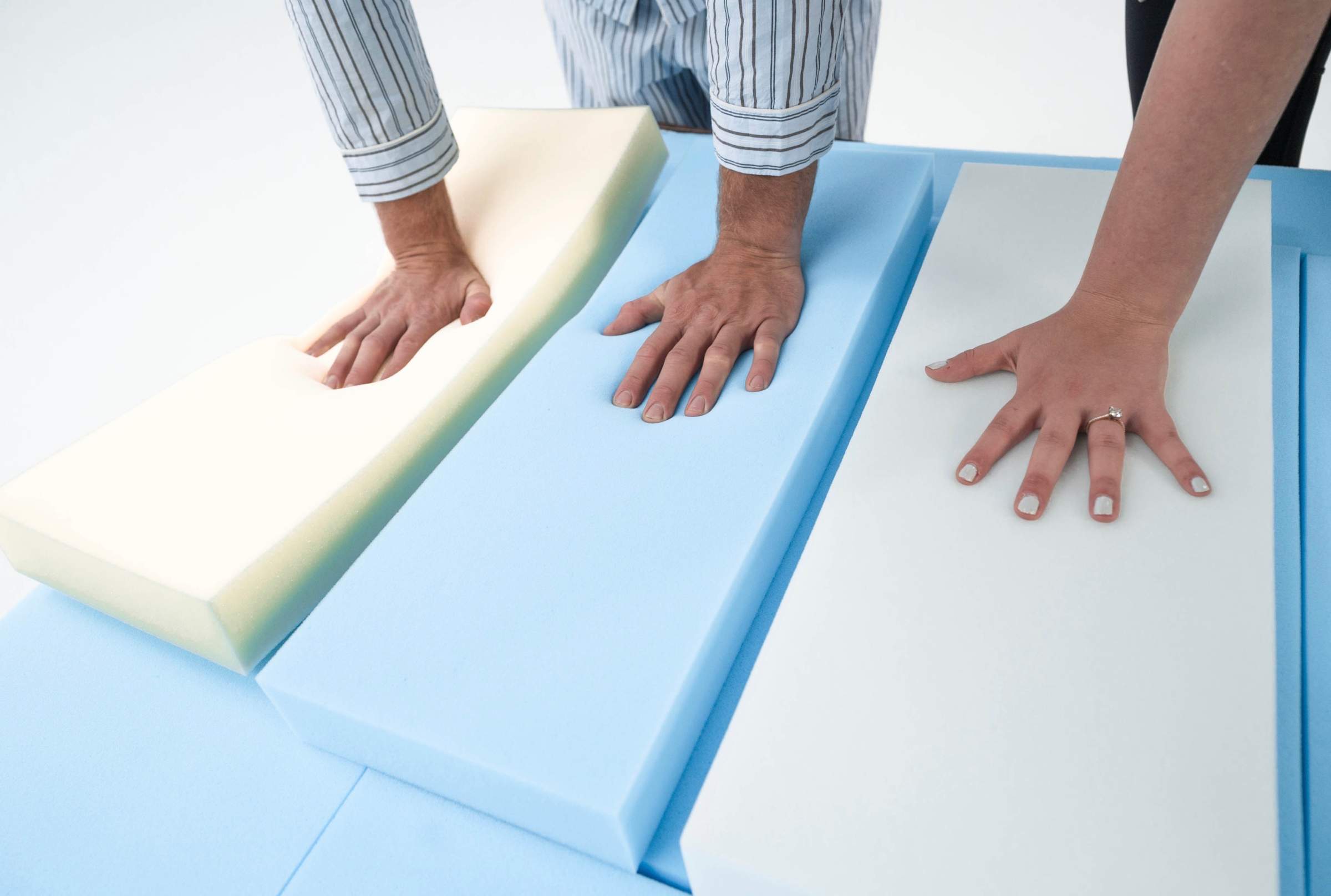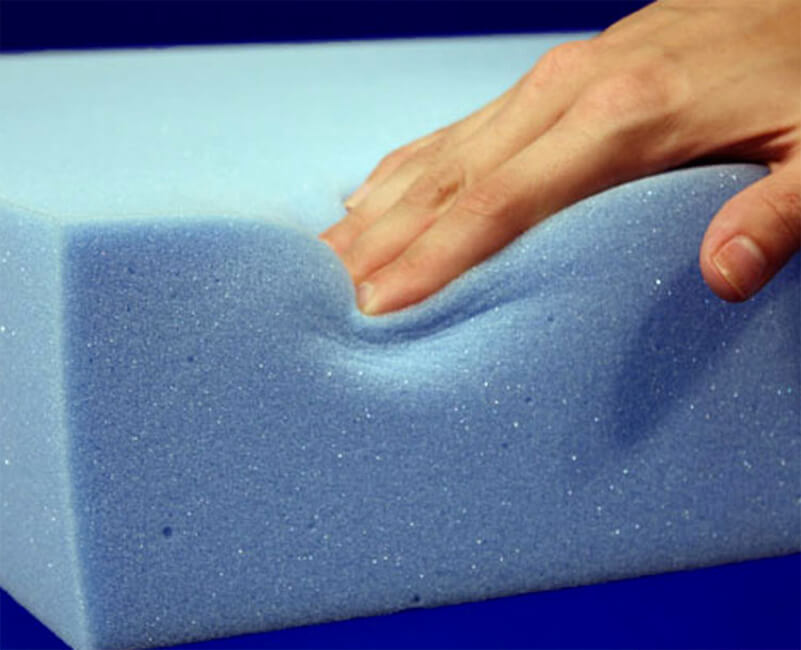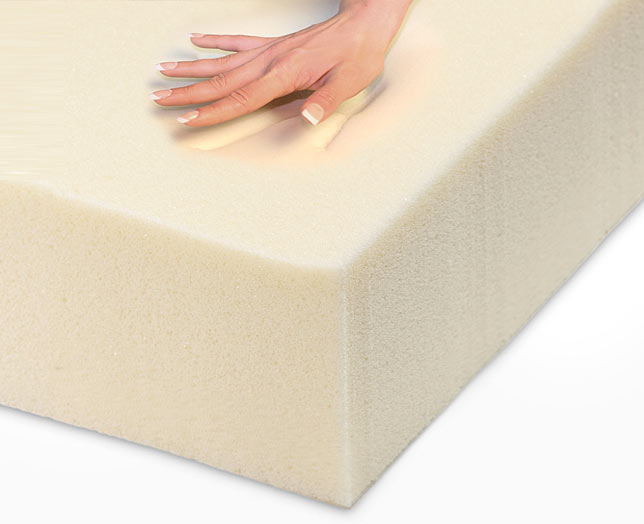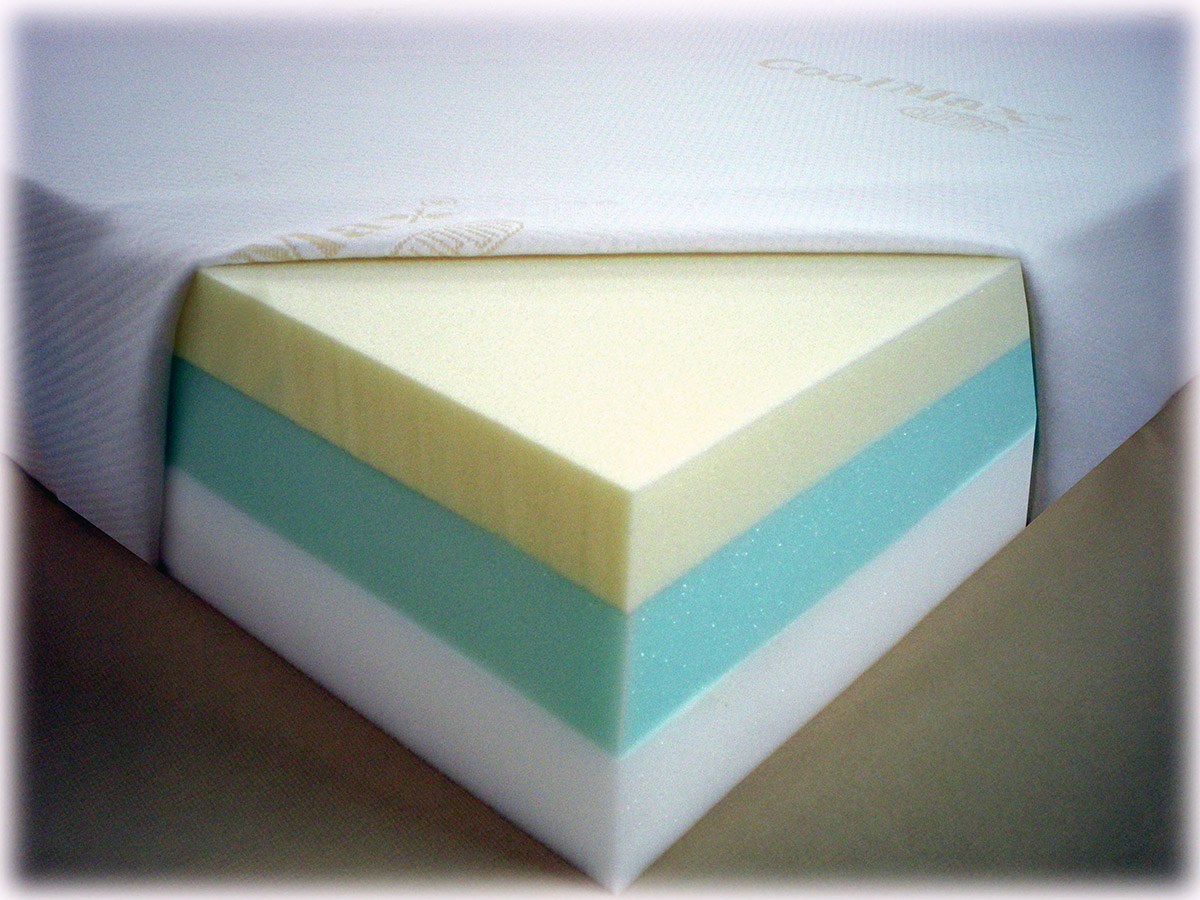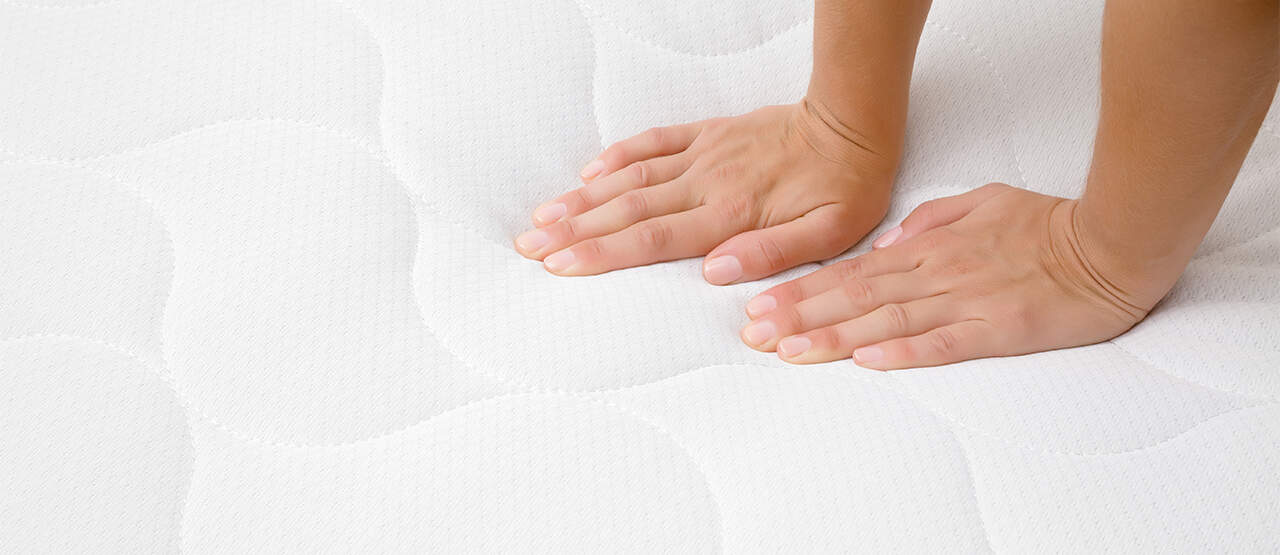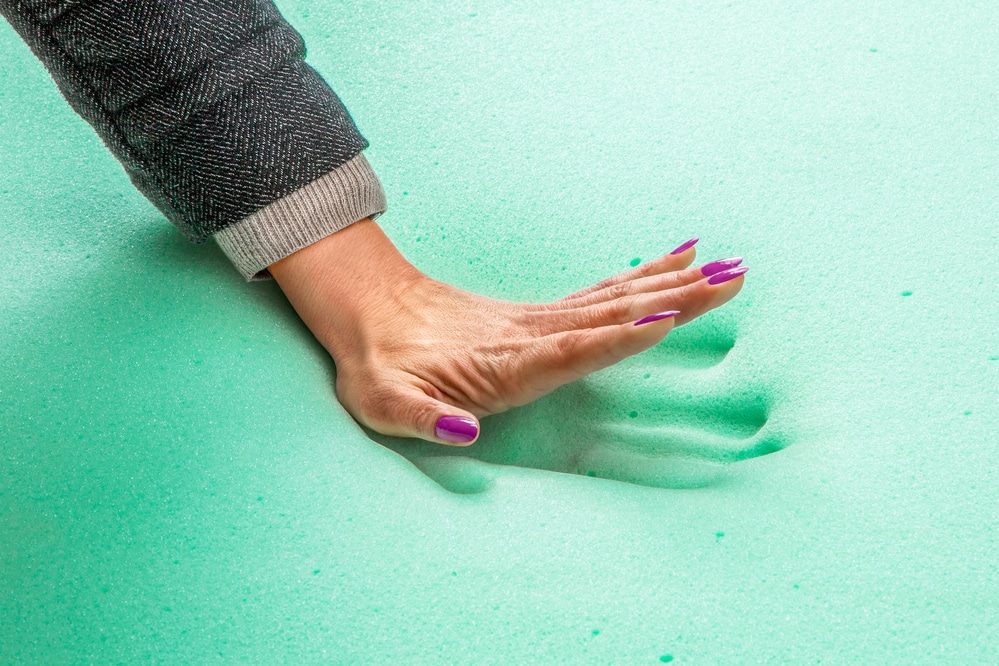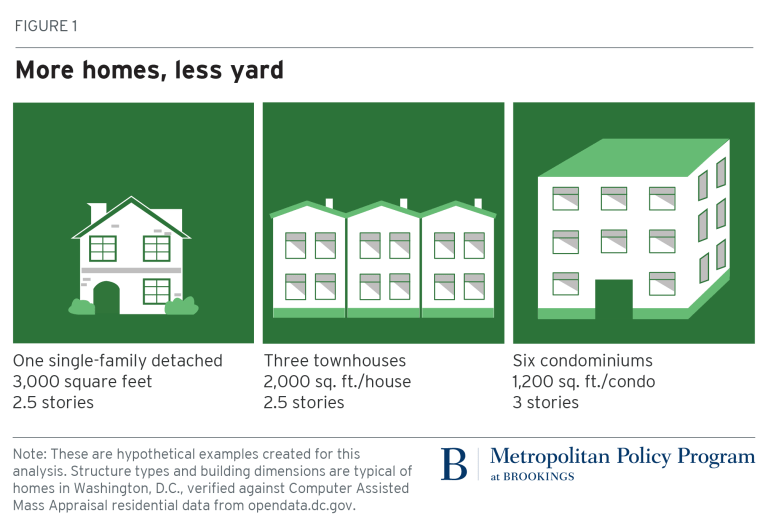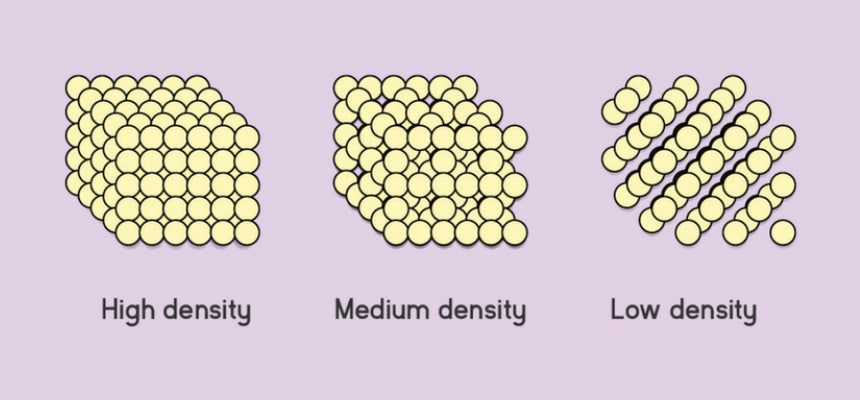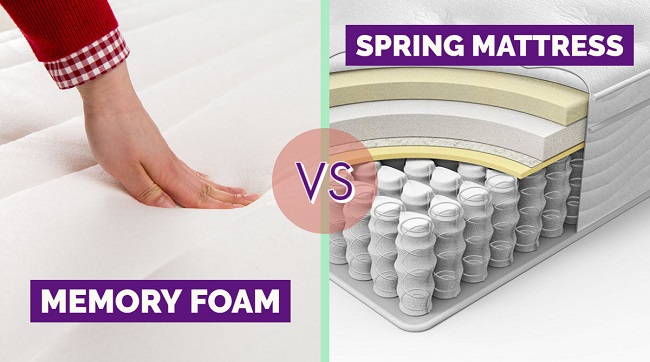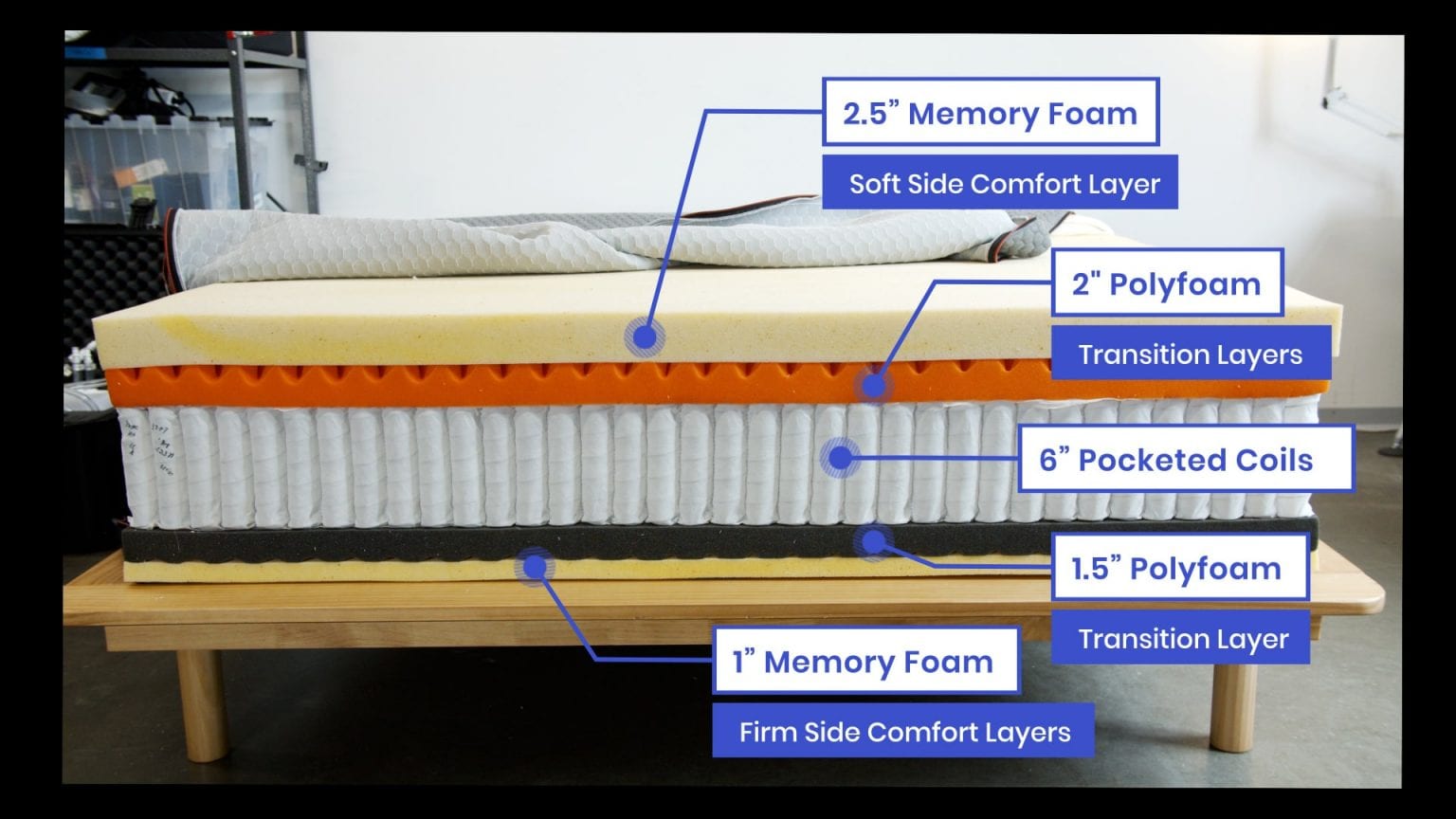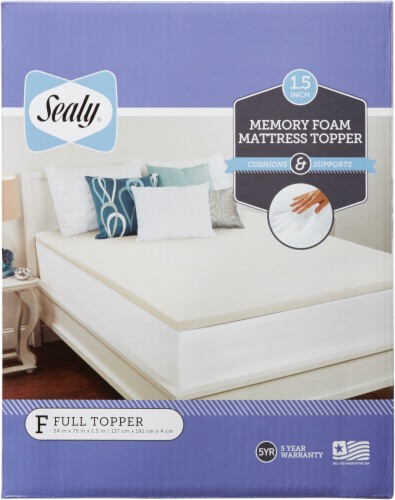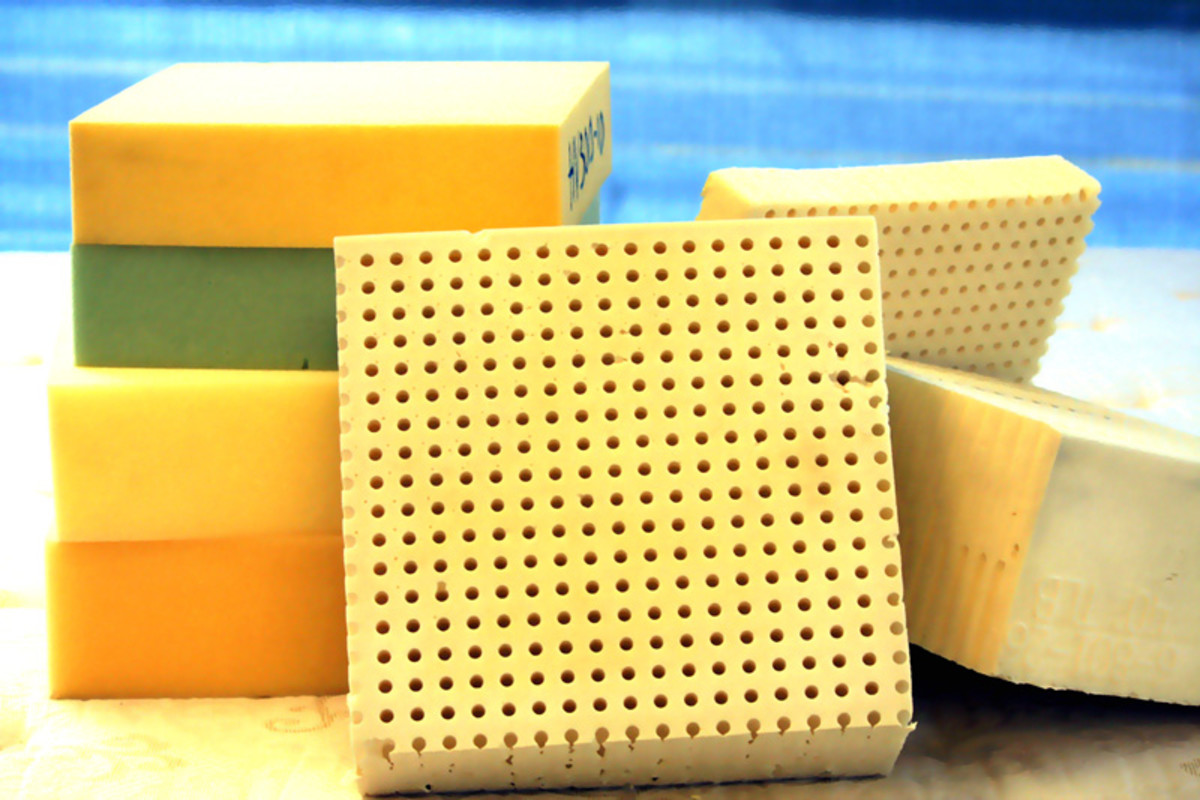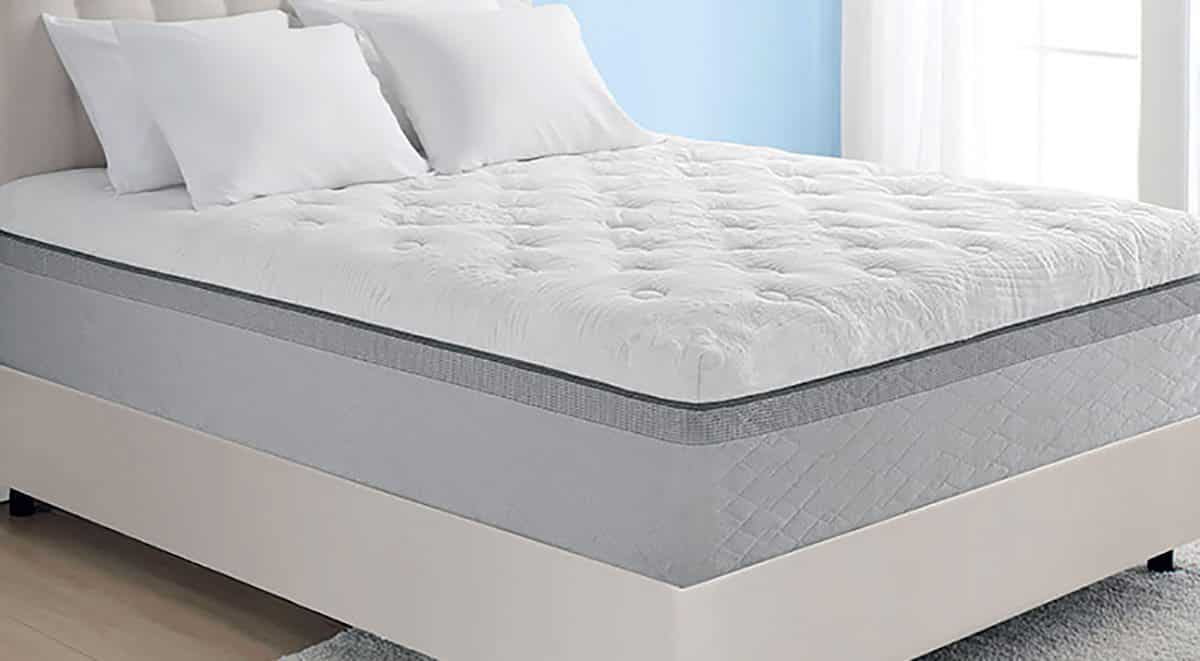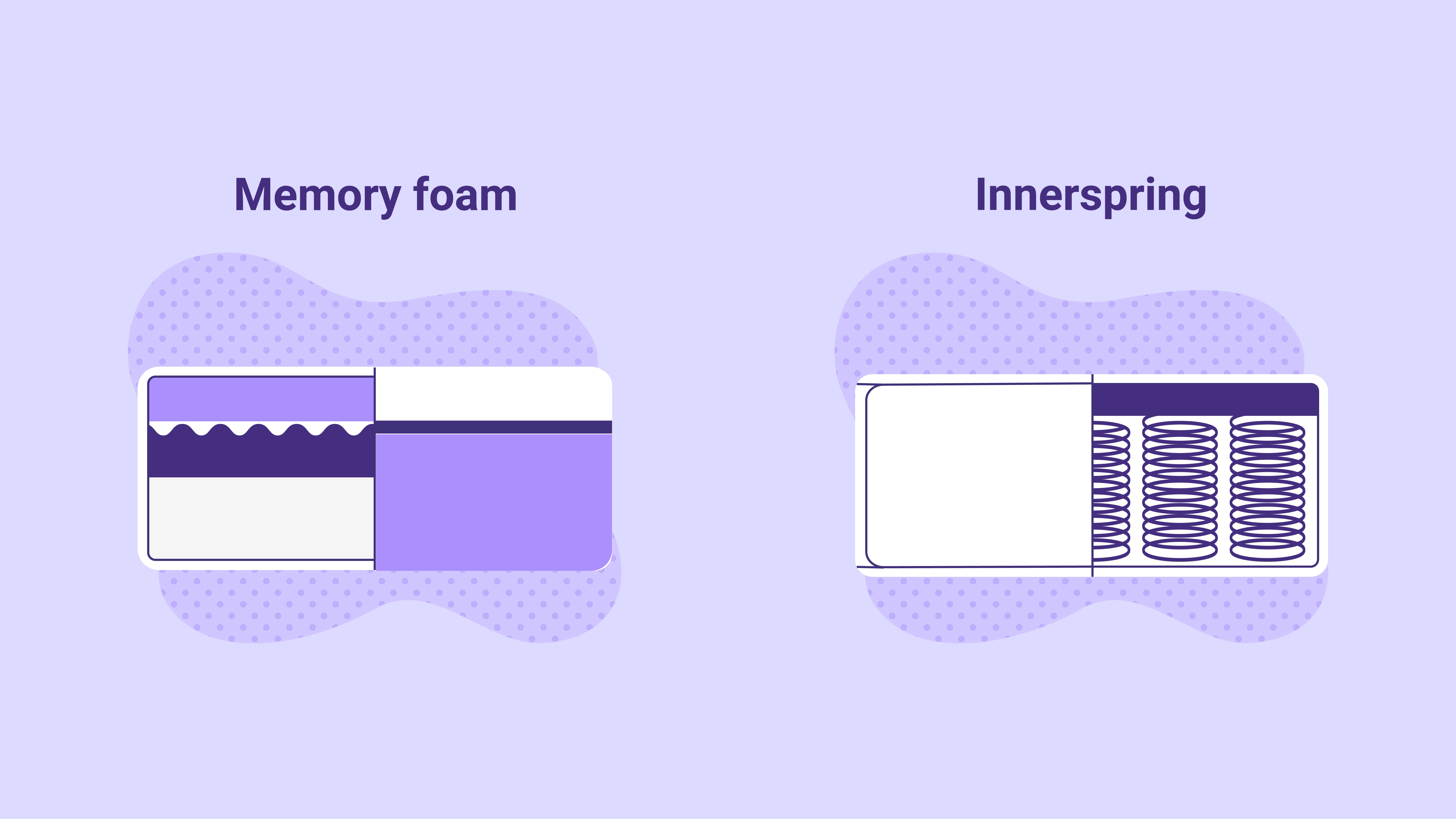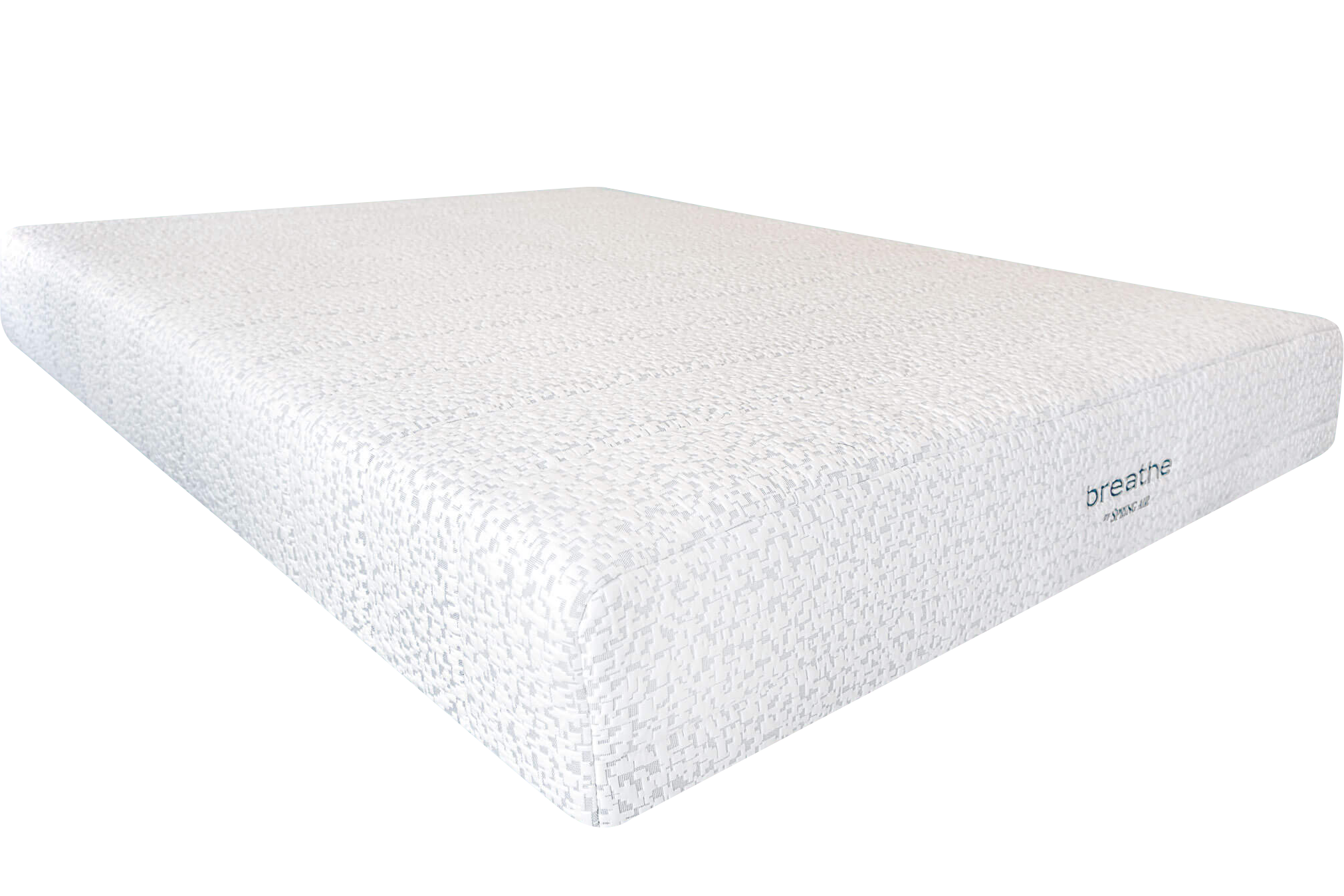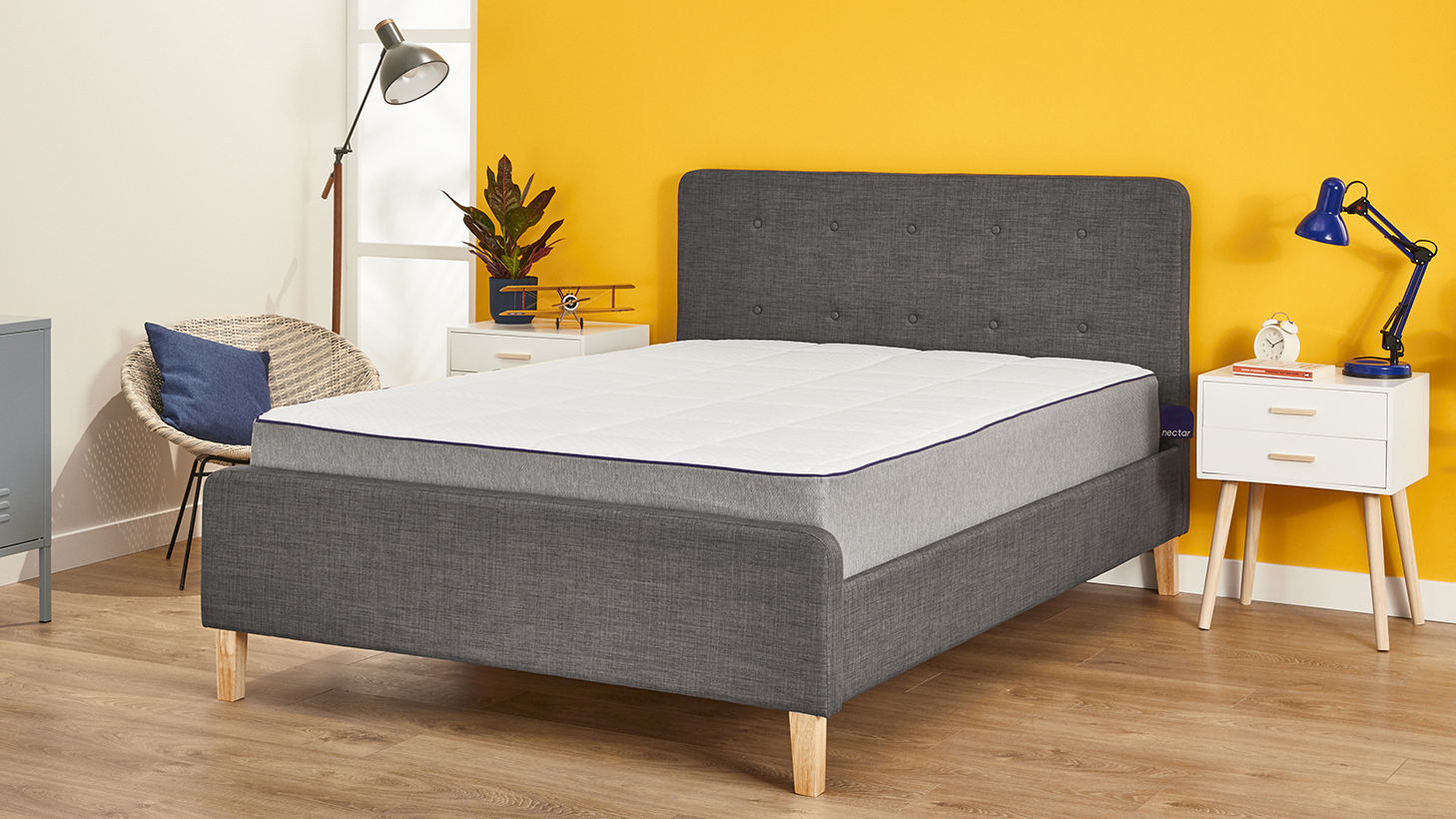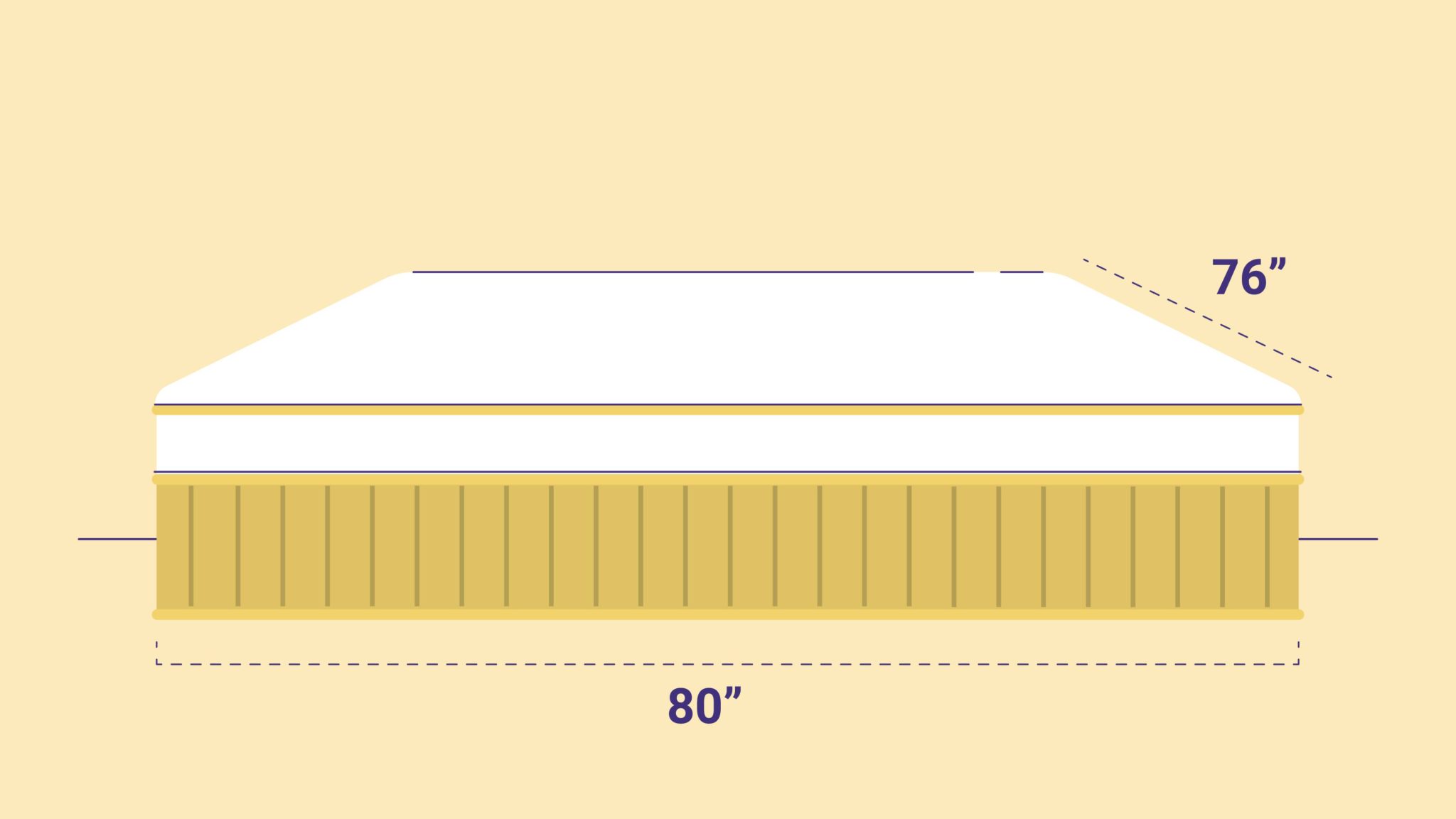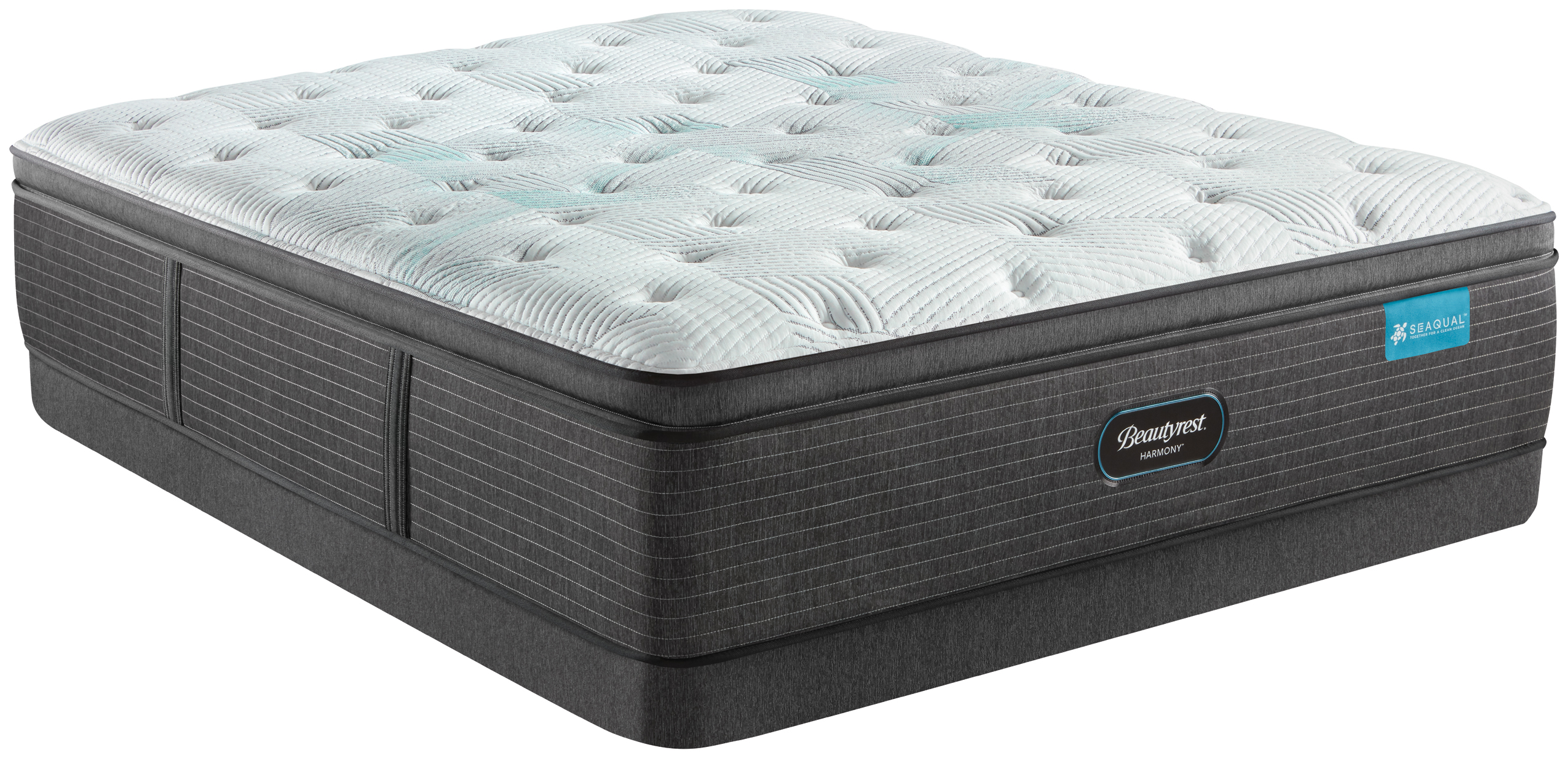When shopping for a memory foam mattress, you may come across terms like "density" and "firmness." These characteristics play a crucial role in the overall comfort and support of your mattress. In this article, we will delve deeper into memory foam mattress density and why it matters for your sleeping experience.Memory Foam Mattress Density Explained
Before we get into the ideal density for a memory foam mattress, let's first define what density means. Memory foam mattress density refers to the weight of one cubic foot of foam. This measurement is typically expressed in pounds per cubic foot (PCF). The ideal density for a memory foam mattress can vary depending on personal preference and body weight. However, most experts recommend a density between 3.5 to 5 PCF for optimal comfort and support. This range provides a good balance of cushioning and durability.What is the Ideal Density for a Memory Foam Mattress?
While density and firmness are often used interchangeably, they are not the same thing. Density refers to the weight of the foam, while firmness is a measure of how hard or soft the foam feels. Memory foam mattress density can affect the firmness level, but it is not the sole factor. A higher density foam will generally feel firmer than a lower density foam. However, other factors such as the thickness of the foam layer and the type of foam used can also influence the firmness level.Understanding Memory Foam Mattress Density and Firmness
Choosing the right density for your memory foam mattress is essential for a good night's sleep. As mentioned, a density between 3.5 to 5 PCF is generally recommended. However, there are a few factors to consider when selecting the density for your mattress. If you are a side sleeper, you may want to opt for a slightly lower density to allow for more contouring and pressure relief. For back or stomach sleepers, a higher density may provide better support and prevent sinking too deeply into the mattress. Additionally, your body weight can also play a role in determining the ideal density for your mattress. Heavier individuals may find a higher density more comfortable, while lighter individuals may prefer a lower density for a softer feel.Choosing the Right Density for Your Memory Foam Mattress
High density memory foam mattresses offer several benefits, making them a popular choice among consumers. These mattresses provide excellent support and conform to your body's shape, reducing pressure points and promoting proper spinal alignment. High density foam is also more durable, which means it can withstand more pressure and retain its shape for a longer time. This makes it a good investment for those looking for a long-lasting mattress.Benefits of High Density Memory Foam Mattresses
While you can ask a salesperson for the density of a memory foam mattress, it's always a good idea to know how to measure it yourself. The easiest way to measure density is by calculating the weight of the foam in pounds and dividing it by the volume in cubic feet. For example, if a mattress has a weight of 50 pounds and a volume of 10 cubic feet, the density would be 5 PCF. Keep in mind that this calculation may not be entirely accurate, as the foam may have other materials mixed in, but it can give you a rough estimate.How to Measure the Density of a Memory Foam Mattress
Now that we understand what density means and its importance, let's compare the different density levels commonly found in memory foam mattresses. Low density memory foam mattresses typically have a density of 3.5 PCF or lower. These mattresses provide a soft and plush feel, making them suitable for side sleepers or those who prefer a less firm mattress. Medium density memory foam mattresses fall within the recommended range of 3.5 to 5 PCF. These mattresses offer a good balance of support and comfort, making them a popular choice among a wide range of sleepers. High density memory foam mattresses have a density of 5 PCF or higher. These mattresses are often firmer and more supportive, making them ideal for back or stomach sleepers or those with heavier body weight.Comparing Memory Foam Mattress Density: Low vs. Medium vs. High
One of the main reasons people choose memory foam mattresses is for their excellent support. Memory foam conforms to your body's shape, providing support in all the right places and reducing the pressure on your joints. The density of the foam plays a crucial role in how well it can support your body. A higher density foam can handle more weight and provide better support, making it a suitable choice for people with back pain or other body aches.Memory Foam Mattress Density and Support: What You Need to Know
As mentioned earlier, high density memory foam mattresses are more durable and can last longer than lower density ones. This is because high density foam is more resilient and can withstand more pressure without losing its shape or support. However, this does not mean that lower density mattresses are not durable. With proper care and maintenance, a medium or even low density memory foam mattress can last for many years.The Relationship Between Memory Foam Mattress Density and Durability
Ultimately, the ideal memory foam mattress density will depend on personal preference and individual needs. Some people may find a high density mattress too firm, while others may not get enough support from a low density one. It's essential to find a balance between density and firmness that provides both comfort and support for your body. Consider your sleeping position, body weight, and personal preferences to determine the right density for your memory foam mattress. In conclusion, memory foam mattress density is a crucial factor to consider when shopping for a new mattress. The ideal density will vary from person to person, but generally falls within the range of 3.5 to 5 PCF. By understanding what density means and how it affects the comfort and support of your mattress, you can make an informed decision and find the perfect memory foam mattress for your needs.Memory Foam Mattress Density and Comfort: Finding the Perfect Balance
Why Memory Foam Mattress Density Matters in House Design

The Importance of Choosing the Right Mattress
 When it comes to designing a house, there are many factors to consider. From the layout and color scheme to the furniture and decorations, every decision plays a role in creating a comfortable and functional living space. However, one aspect that is often overlooked is the
choice of mattress
. A good night's sleep is essential for overall health and well-being, and
memory foam mattresses
have become a popular choice for their ability to provide support and comfort. But what many people don't realize is that the
density
of the memory foam plays a crucial role in its performance and longevity.
When it comes to designing a house, there are many factors to consider. From the layout and color scheme to the furniture and decorations, every decision plays a role in creating a comfortable and functional living space. However, one aspect that is often overlooked is the
choice of mattress
. A good night's sleep is essential for overall health and well-being, and
memory foam mattresses
have become a popular choice for their ability to provide support and comfort. But what many people don't realize is that the
density
of the memory foam plays a crucial role in its performance and longevity.
The Meaning of Memory Foam Mattress Density
.PNG) Memory foam mattresses are made of a viscoelastic material that conforms to the body's shape, providing pressure relief and support.
Density
refers to the weight of the foam per cubic foot, and it is often measured in pounds (lbs). The higher the density, the heavier and more durable the foam will be. A
high-density foam
will generally last longer and provide better support, making it a preferred choice for those with back or joint pain. On the other hand, a
low-density foam
may be more affordable, but it may not offer the same level of comfort and support.
Memory foam mattresses are made of a viscoelastic material that conforms to the body's shape, providing pressure relief and support.
Density
refers to the weight of the foam per cubic foot, and it is often measured in pounds (lbs). The higher the density, the heavier and more durable the foam will be. A
high-density foam
will generally last longer and provide better support, making it a preferred choice for those with back or joint pain. On the other hand, a
low-density foam
may be more affordable, but it may not offer the same level of comfort and support.
The Benefits of Choosing the Right Density
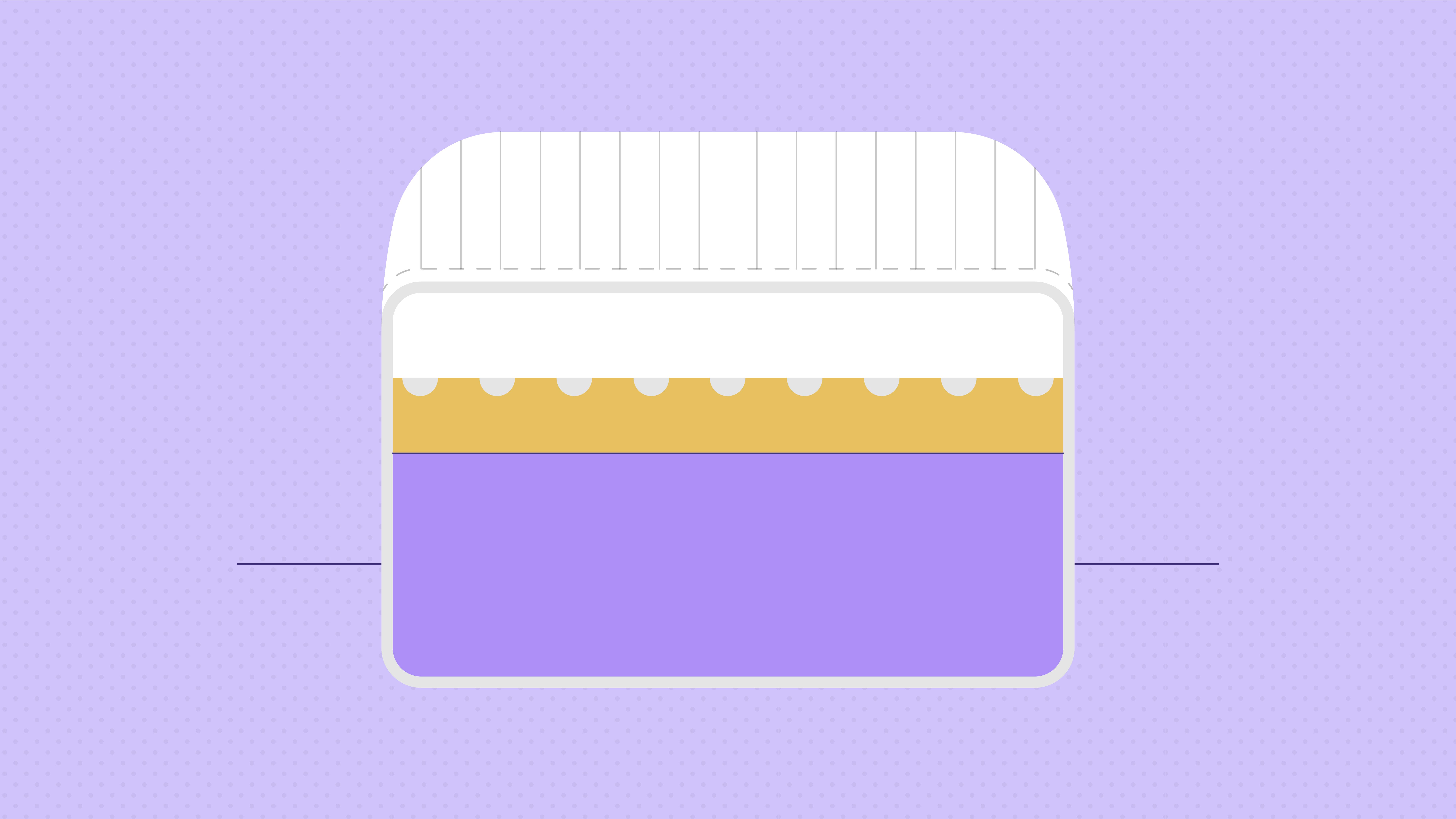 Choosing the right
memory foam mattress density
is essential for a good night's sleep. A mattress with too low density will not offer enough support, causing discomfort and potentially aggravating existing pain. On the other hand, a mattress with too high density may feel too firm and rigid, leading to pressure points and discomfort. By choosing the
optimal density
for your body weight and sleeping preferences, you can ensure a comfortable and supportive sleep surface, leading to better sleep and improved overall health.
Choosing the right
memory foam mattress density
is essential for a good night's sleep. A mattress with too low density will not offer enough support, causing discomfort and potentially aggravating existing pain. On the other hand, a mattress with too high density may feel too firm and rigid, leading to pressure points and discomfort. By choosing the
optimal density
for your body weight and sleeping preferences, you can ensure a comfortable and supportive sleep surface, leading to better sleep and improved overall health.
Factors to Consider When Choosing Density
 When shopping for a
memory foam mattress
, there are a few things to keep in mind when considering density. First, consider your body weight and sleeping position. Heavier individuals may require a higher density for proper support, while lighter individuals may find lower density mattresses more comfortable. Additionally, the firmness of the mattress can also affect the feel of the foam. A softer mattress may require a higher density to provide enough support, while a firmer mattress may be more comfortable with a lower density.
In conclusion, when it comes to house design, every detail matters, including the
choice of mattress
. By understanding the importance of
memory foam mattress density
and considering factors such as body weight and sleeping preferences, you can choose the right density for a comfortable and supportive sleep surface. Invest in a quality mattress with the right density, and you'll reap the benefits of better sleep and improved well-being for years to come.
When shopping for a
memory foam mattress
, there are a few things to keep in mind when considering density. First, consider your body weight and sleeping position. Heavier individuals may require a higher density for proper support, while lighter individuals may find lower density mattresses more comfortable. Additionally, the firmness of the mattress can also affect the feel of the foam. A softer mattress may require a higher density to provide enough support, while a firmer mattress may be more comfortable with a lower density.
In conclusion, when it comes to house design, every detail matters, including the
choice of mattress
. By understanding the importance of
memory foam mattress density
and considering factors such as body weight and sleeping preferences, you can choose the right density for a comfortable and supportive sleep surface. Invest in a quality mattress with the right density, and you'll reap the benefits of better sleep and improved well-being for years to come.



